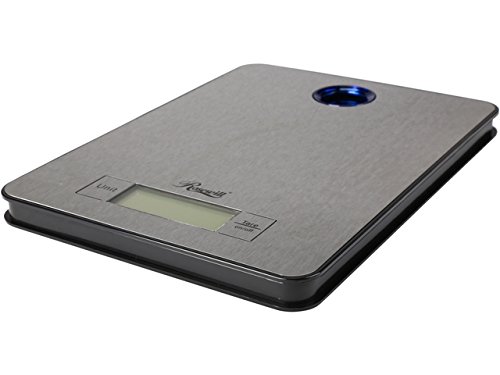随着科技的进步,电子词典日益普及,但传统印刷词典是否会被取代成为了一个热议的话题。电子词典具有便捷性、实时更新等优点,但也存在依赖电力、阅读体验可能不如纸质书籍等缺点。尽管电子词典在特定场合有其优势,但传统印刷词典仍具有不可替代的地位。电子词典与传统印刷词典各有优劣,未来两者将共存发展,电子词典不能完全取代传统印刷词典。
In today's rapidly advancing technological world, the use of electronic devices has become an integral part of our lives. This shift has also impacted the way we access information, including the dictionaries we use. Electronic dictionaries are becoming increasingly popular, offering convenient access to vast amounts of data and various features. However, this rise in popularity has led to a question: Will electronic dictionaries replace traditional print dictionaries?
It is important to recognize that both electronic and print dictionaries have their own advantages and disadvantages. Electronic dictionaries offer instant access to a wide range of information, including definitions, examples, and even audio pronunciations. They are also highly portable, as they can be easily carried around in smartphones, tablets, or laptops. Furthermore, many electronic dictionaries provide additional features such as voice recognition, translation capabilities, and the ability to store notes and highlight important words.
On the other hand, print dictionaries provide a traditional and often more reliable source of information. They are easy to use and require no batteries or charging. The physical act of flipping pages and finding words in a dictionary can be a comforting experience for many people. Print dictionaries are also more suitable for offline use, particularly when there is no internet connection available.
Given these advantages and disadvantages, it is unlikely that electronic dictionaries will completely replace print dictionaries in the foreseeable future. Instead, both formats will coexist, catering to different needs and preferences.
For instance, students and professionals who need instant access to information and various features may prefer electronic dictionaries for their convenience and accessibility. They can easily search for words, look up definitions, and even get pronunciation guides on the spot. On the other hand, people who appreciate the traditional experience of flipping pages or who prefer offline reading may stick to print dictionaries.
Moreover, the availability of both formats allows for redundancy and backup options. In situations where internet connectivity is limited or non-existent, print dictionaries can be a valuable resource. Conversely, in areas with reliable internet access, electronic dictionaries can be an invaluable tool for quick lookups and additional features.
In conclusion, while electronic dictionaries are becoming increasingly popular and offer many advantages, they are unlikely to completely replace traditional print dictionaries. Both formats have their own unique advantages and cater to different user preferences and needs. The future is likely to be a blend of both electronic and print dictionaries, with each format complementing the other in different scenarios and use cases.




 京公网安备11000000000001号
京公网安备11000000000001号 京ICP备11000001号
京ICP备11000001号
还没有评论,来说两句吧...